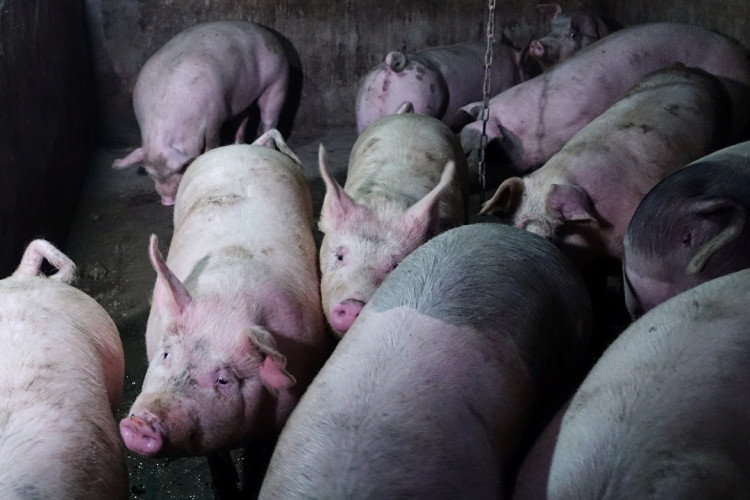Huawei Technologies Co., Ltd, the world's largest telecommunications equipment manufacturer and second largest smartphone maker, now apparently aims at becoming a leading supplier of artificial intelligence (AI) technologies to China's pig farmers.
Making pig farming high tech is among the other sources of revenue such as cloud computing services, smart vehicles, a smart car and wearable devices Huawei is looking at to offset a projected 60% plunge in smartphone production this year.
The Trump administration in 2018 passed a defense funding bill barring the federal government from doing business with Huawei, ZTE Corporation, and several Chinese vendors of surveillance products due to security concerns.
In February 2020, the U.S. claimed Huawei has exploited backdoors intended for law enforcement officials in carrier equipment like antennas and routers since 2009.
Huawei's global smartphone sales were hit by U.S. sanctions in August 2020, plummeting 40% in the last quarter of 2020. The plunge relegated Huaweito sixth place in smartphone shipments compared to second place behind Samsung Electronics in 2019. Huawei's global smartphone sales also fell due to the limited supply of microchips caused by the U.S. sanctions.
All these actions have ravaged Huawei's business in the U.S., on which it relies on for advanced computer microchips.
In response, Huawei is looking at other sources of revenue. One of the more promising avenues the company appears to be targeting is AI technologies for pig farmers.
China has the world's biggest pig farming industry and is home to more than 340 million pigs, or half the world's live hogs. There are some 171,000 pig farms across China.
Huawei is focusing on AI to help modernize pig farms to detect diseases and track pigs. The average pig farm in China has some 500 hogs.
AI-based facial recognition technology can identify individual pigs. Other AI technologies can also monitor pig weight, diet and exercise.
"The pig farming is yet another example of how we try to revitalize some traditional industries with ICT (Information and Communications Technology) technologies to create more value for the industries in the 5G era," said a Huawei spokesperson.
"The issue here is not like there's any problems with our quality or experiences of the Huawei products. It's not a level playing field for Huawei as Huawei is caught in between the geopolitical tensions."
The Biden administration is signaling it will continue to take a hard line against Huawei. In late January , White House Press Secretary Jen Psaki said telecommunications equipment "made by untrusted vendors, including Huawei, is a threat to the security of the U.S. and our allies."






